SV Werder Bremen is one of the most historic football clubs in Germany, with a rich tradition that stretches back over a century. Known for their passionate supporters, iconic green-and-white colors, and remarkable achievements in the Bundesliga and beyond, Werder Bremen has established itself as a household name in European football. From unforgettable championship victories to developing world-class talents, the club continues to hold a special place in German sporting culture 99ok.
Origins and Foundation
Werder Bremen was officially founded on 4 February 1899 by a group of young students who loved football and wanted to form their own club. The name “Werder” comes from a German word meaning “river peninsula,” reflecting the club’s geographical roots near the Weser River. In its early years, the team quickly gained recognition in northern Germany, setting the foundation for what would later become one of the Bundesliga’s most respected institutions.
Werder Bremen and the Bundesliga
When the Bundesliga was created in 1963, Werder Bremen was among the founding members of the league. The club wasted no time in making its mark, winning its first national championship just two years later in 1965. This victory signaled Werder’s arrival as a serious force in German football.
Over the decades, Bremen consistently played an important role in the Bundesliga, often challenging the dominance of Bayern Munich and Borussia Dortmund. Their playing style has traditionally been associated with attacking football, strong midfield play, and an emphasis on homegrown talents.
Major Achievements
SV Werder Bremen is considered one of the most successful clubs in German football history. Some of their key achievements include:
-
Bundesliga Titles: 4 (1964–65, 1987–88, 1992–93, 2003–04)
-
DFB-Pokal (German Cup) Wins: 6 (1961, 1991, 1994, 1999, 2004, 2009)
-
DFL-Supercup: 4 times
-
UEFA Cup Winners’ Cup: 1992, their greatest international triumph
-
Multiple appearances in European competitions, including the UEFA Champions League and UEFA Cup/Europa League
Among their most memorable seasons was 2003–04, when Werder Bremen won both the Bundesliga and the DFB-Pokal, completing a famous domestic double. That team, led by coach Thomas Schaaf, featured legendary players like Aílton, Johan Micoud, and Miroslav Klose.
The Weserstadion – Home of Werder Bremen
The heart of the club is the Weserstadion, a picturesque football arena located on the banks of the Weser River. The stadium has a capacity of over 42,000 and is one of the most iconic venues in German football. Known for its intimate atmosphere, the Weserstadion brings fans very close to the action on the pitch, making it a fortress for Bremen over the years nhà cái 99ok.
The stadium is also recognized for its eco-friendly initiatives. It was one of the first major stadiums in Europe to rely heavily on renewable energy, including solar panels, underlining Werder Bremen’s commitment to sustainability.
Famous Players and Legends
Throughout its history, Werder Bremen has been home to many legendary players who left an indelible mark on football. Some of the most iconic names include:
-
Rudi Völler – A striker who became a national hero for Germany and a key figure at Bremen in the 1980s.
-
Marco Bode – A club legend who spent his entire professional career with Werder, known for loyalty and consistency.
-
Miroslav Klose – One of the greatest German forwards of all time, who refined his skills at Bremen before becoming the World Cup’s all-time top scorer.
-
Claudio Pizarro – A Peruvian superstar who became the Bundesliga’s highest-scoring foreign player during his multiple stints with Werder.
-
Mesut Özil – Before becoming a global star with Real Madrid and Arsenal, Özil developed his creativity and vision at Werder Bremen.
These players not only achieved personal glory but also helped Bremen build its reputation as a club capable of nurturing world-class talent.
The Green-and-White Culture
The colors green and white symbolize Werder Bremen’s identity. Fans proudly wear scarves, shirts, and flags in these colors, creating a sea of green in the stands of the Weserstadion. The supporters are known for their loyalty, traveling across Germany and Europe to cheer for their team, even during challenging times.
The Ultras and organized fan groups also play a key role in maintaining Bremen’s vibrant football culture. Chants, drums, and banners transform matchdays into unforgettable experiences, making the club one of the most beloved in the Bundesliga.
Rivalries
Werder Bremen has several rivalries that add spice to their fixtures. The most famous is the Nordderby against Hamburger SV, another traditional northern German club. This rivalry is one of the most historic and passionate in German football, often producing dramatic matches filled with emotion.
Other rivalries include contests with Bayern Munich, where Bremen has often been the underdog challenger, and regional clashes with teams from Lower Saxony such as Hannover 96.
Modern Era and Rebuilding
In recent years, Werder Bremen has experienced both highs and lows, including relegation from the Bundesliga in 2021. However, the club quickly bounced back, earning promotion again and proving its resilience. This journey highlights the determination of Bremen to remain competitive at the highest level.
Under current management, the team is focusing on a mix of experienced professionals and young academy talents. The strategy is to build a sustainable model that not only competes in the Bundesliga but also returns the club to European competitions.
Youth Development and Community
Werder Bremen is deeply committed to youth development. The club’s academy has produced numerous talented players who have gone on to represent both the senior team and the German national squad. Beyond football, Werder is active in social responsibility programs, engaging in projects that promote education, inclusivity, and environmental sustainability.
Global Recognition
Although based in Bremen, the club has fans across the world. International supporters admire Werder for its tradition, commitment to attacking football, and ability to punch above its weight against bigger clubs. The presence of international stars like Pizarro and Özil has also helped Werder Bremen build a strong following in South America and Asia.
Conclusion
SV Werder Bremen stands as one of the most iconic football clubs in Germany. With a proud history of championships, legendary players, and unforgettable moments, the club embodies passion, resilience, and tradition. From the buzzing atmosphere of the Weserstadion to its loyal green-and-white supporters, Werder Bremen remains a vital part of German football heritage.
As the club continues to rebuild and look toward future success, its story serves as a reminder that true greatness in football is not just measured in trophies but also in spirit, culture, and the unwavering bond between a team and its fans.


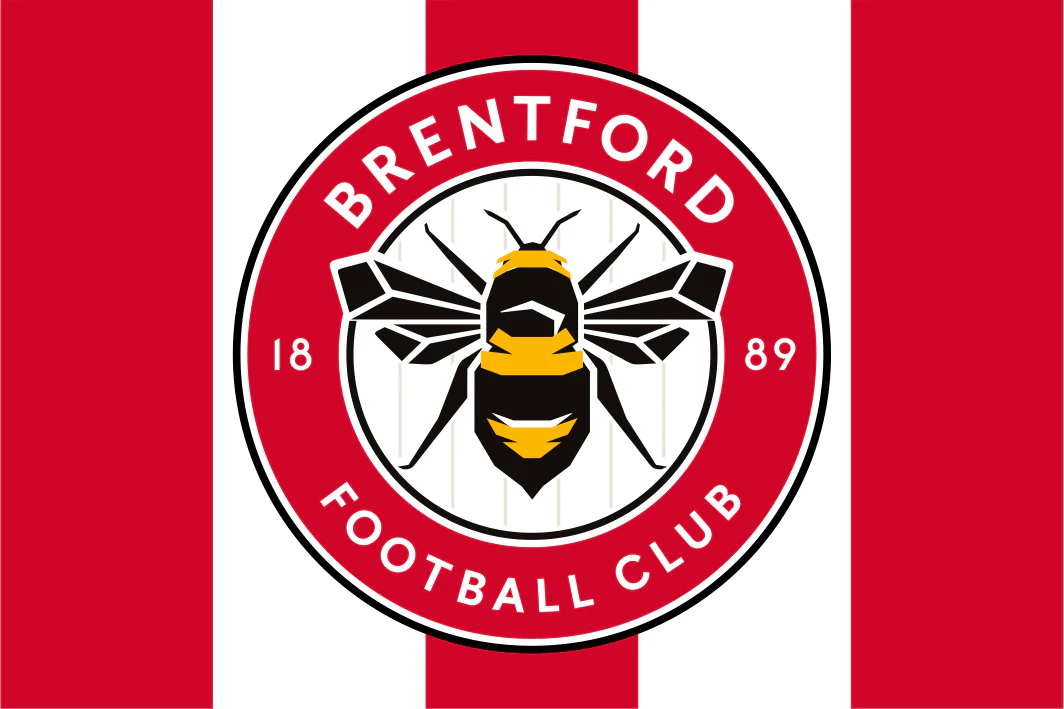

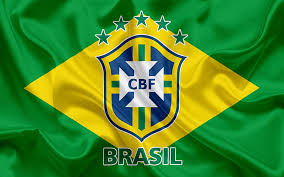
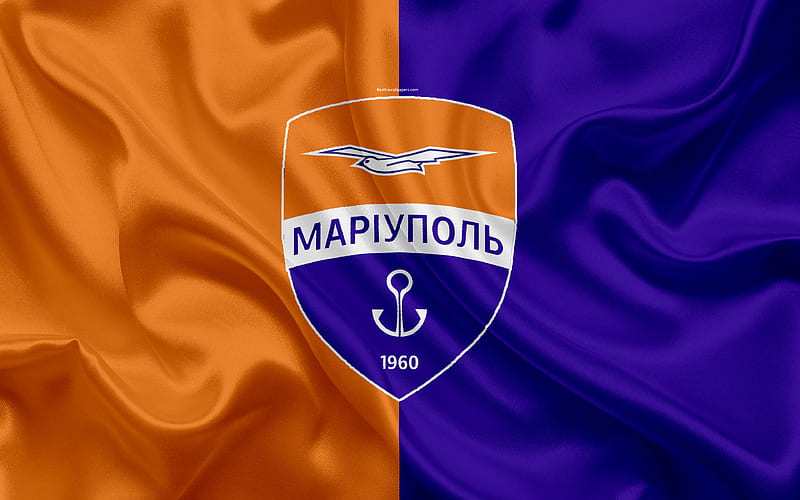


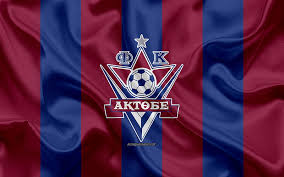

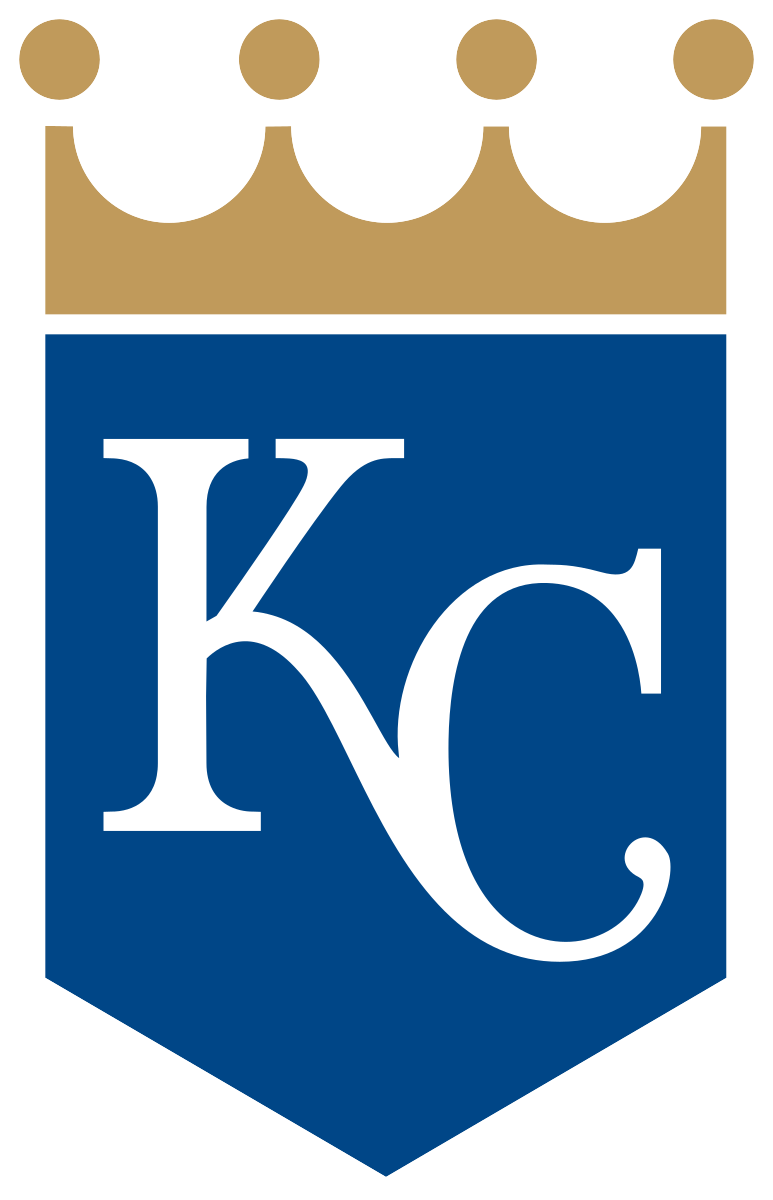
Leave a Reply